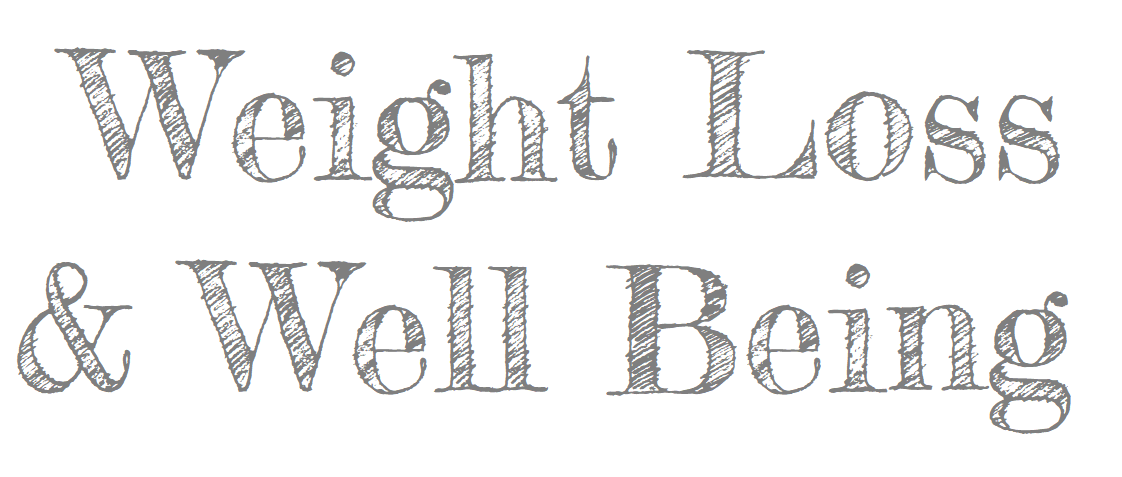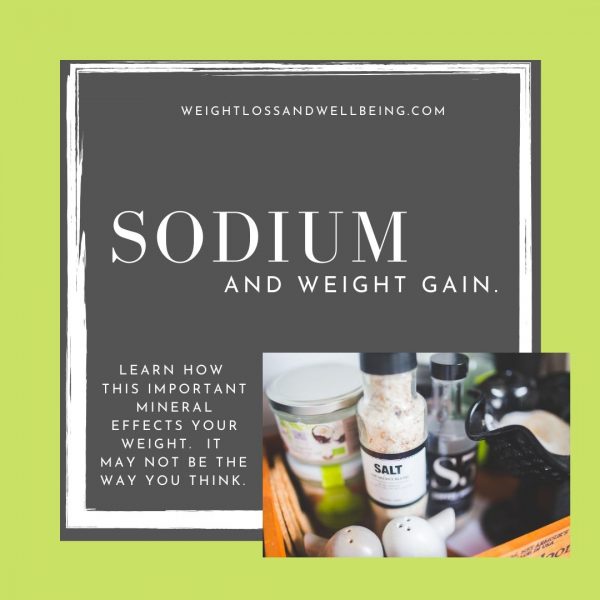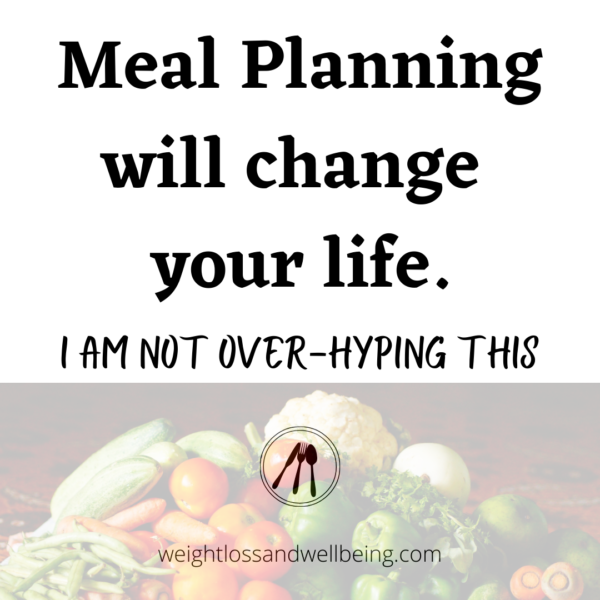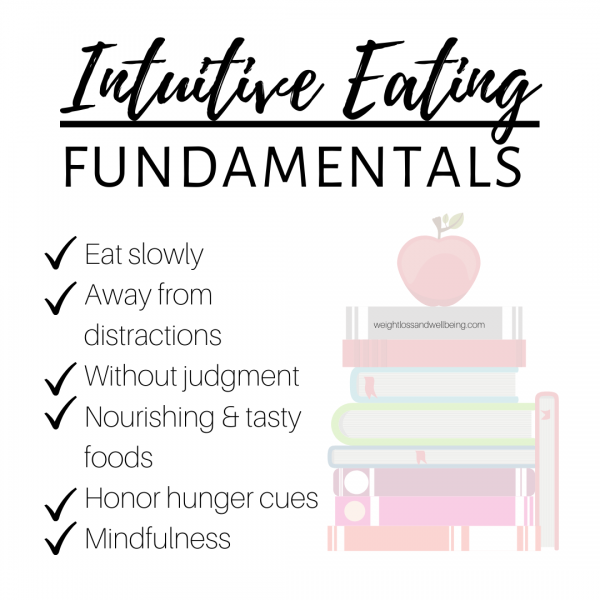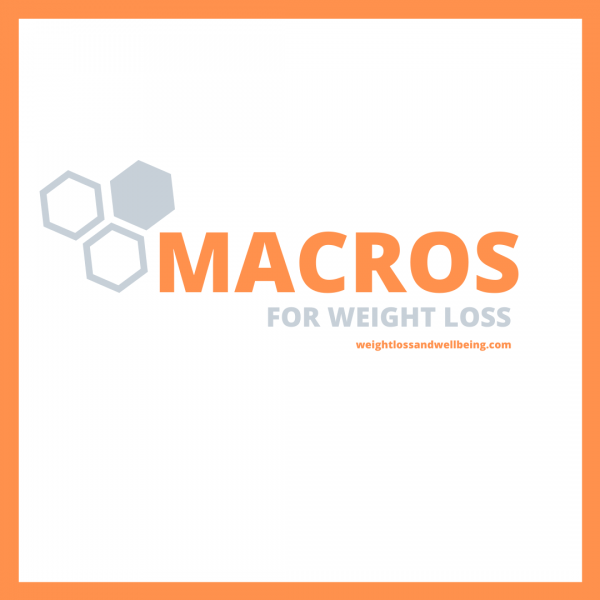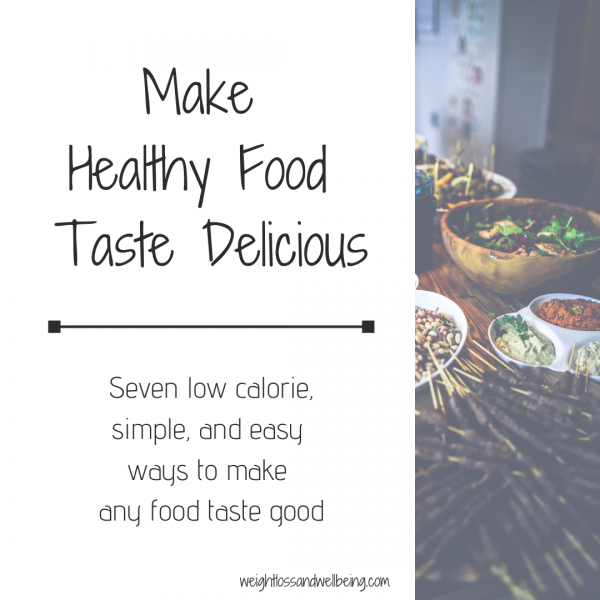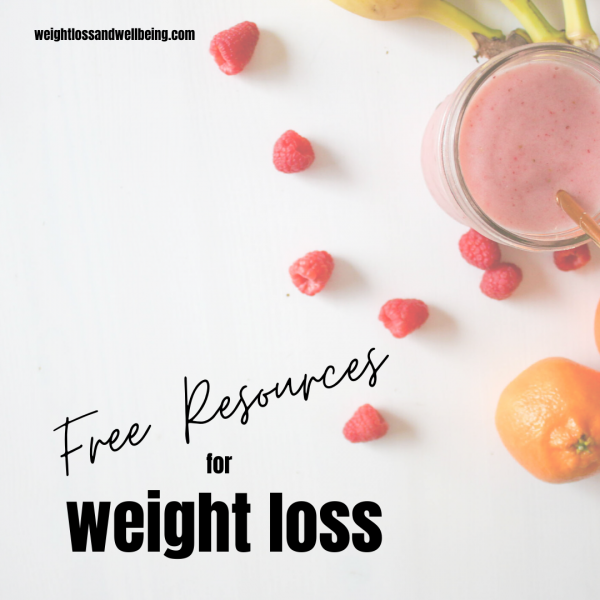Sodium does not make you gain weight. So what is it and why does it have nothing to do with you being fat. Learn why sodium is essential to your survival and a certain amount of salt is good for you.
Why do all the weight loss accounts on Instagram constantly talk about sodium? Why are they convinced that it is causing them to “gain weight?” And why are they trying to avoid it?
The short answer: They don’t actually know what sodium is or why we need it.
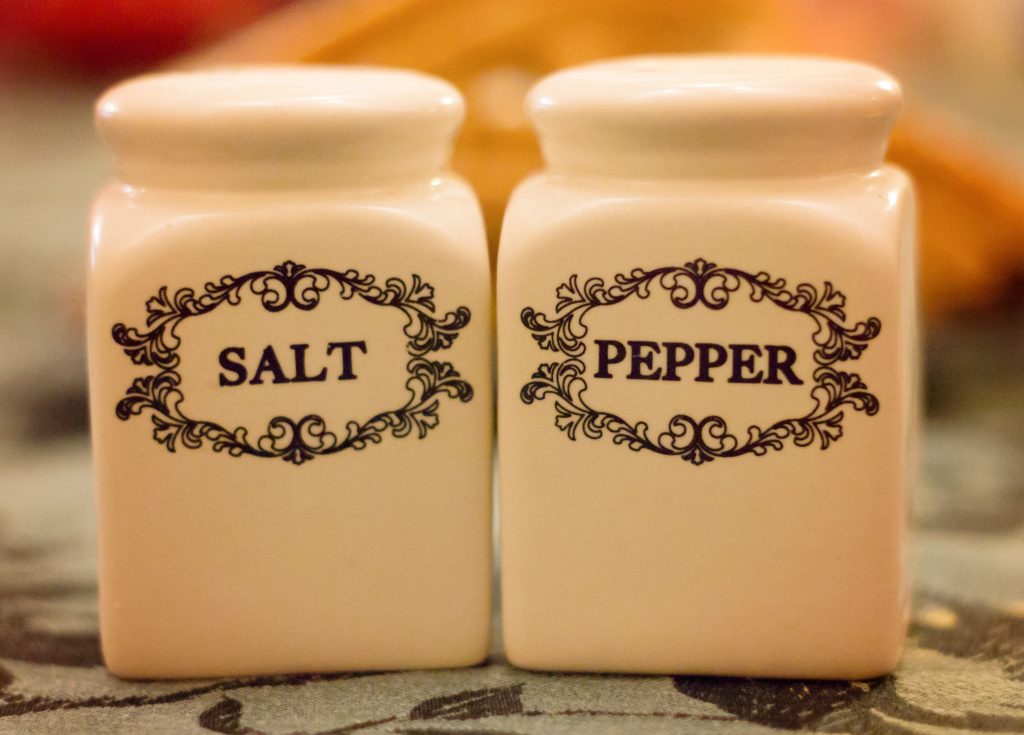
They are using a very outdated and oversimplified understanding of sodium and its purpose. Many believe that because sodium causes water retention, it must cause them to retain pounds worth of water.
Sodium does not make you gain weight, it causes water retention. That water can reflect on the scale, but it should disappear within 24-48 hours. Actual “water weight” is temporary. If the increase doesn’t disappear quickly, then your weight gain has nothing to do with sodium, and may in fact be fat gain.
But if you continue drinking water and eating your normal foods the following day, those few pounds will disappear overnight.
What is sodium.
Sodium is an electrolyte. One of many that our body needs to function well. Electrolytes are minerals that carry an electric charge when they are dissolved in fluids.
Sodium is mostly found in our blood and the fluid in and around cells. It helps to regulate not only our bodies natural balance of fluids but is also very important in proper nerve and muscle function. Your kidneys are responsible for maintaining a consistent level of sodium in your body.
It is not salt. Salt is sodium chloride (meaning it is chemically similar but not the same).
Table or white salt is more processed than “pink salt” or Himalayan salt. Those salts tend to be less processed because they use an evaporation method, instead of being mined.
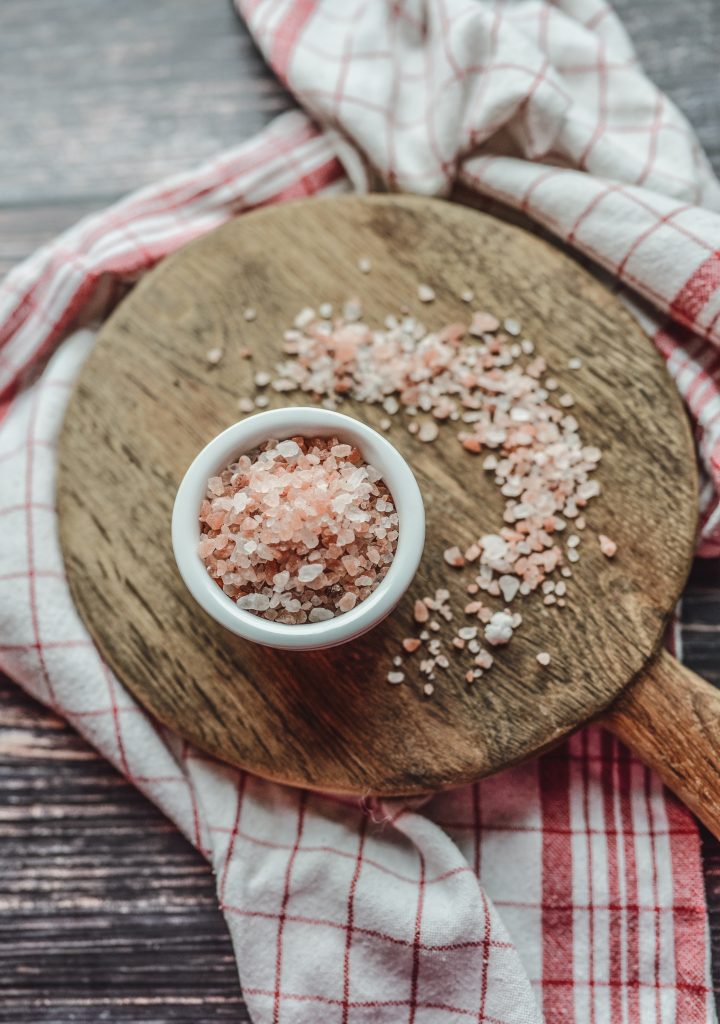
Why do we need sodium.
Sodium helps our cells to retain and hold water. Which is a good thing. The cells can then use that water as needed.
I constantly hear people complaining about water retention. Which is not necessarily a bad thing. There are other factors, besides sodium, than can make you retain water. Eating large amounts of carbs, medications, menstruation, and some serious health issues all make you retain water.

It is important to watch for significant water retention or quick and drastic changes to your normal weight due to water retention. That can signify a serious health issue like heart or kidney disease. But if you are seeing a few pound fluctuations, it is really not a big deal.
Your body is doing so many amazing things to keep you alive and thriving. Sometimes those processes increase your weight and sometimes they decrease it. Learn to expect minor fluctuations with your weight, not only throughout your day, but throughout the entire month.
Many think that salt (or sodium) dehydrates you. But it is actually the opposite. Sodium allows your body to hold and use the water that you drink. If you are lacking in sodium, you can drink all the water you want, but your body won’t retain or use much of it.
In fact, if you are experiencing headaches and know you are consuming enough water, you may actually be low in sodium. You may be drinking enough water, but still be dehydrated since your body can’t use the water. Try adding a little more salt to your next meal and it may help.
What foods contain sodium.
The number one sodium containing food is obviously salt. But processed foods contain huge amounts of sodium.
It is a flavor enhancer and a preferred ingredient by food companies trying to keep taste high and calories low. Real or unprocessed foods contain far less sodium and many contain none.
Fast food, take out food, and restaurant food are usually loaded with sodium as well. Salt makes food taste good, so most food manufacturers and restaurants are very liberal with it. This is one of the obvious benefits of cooking at home and making your own food.
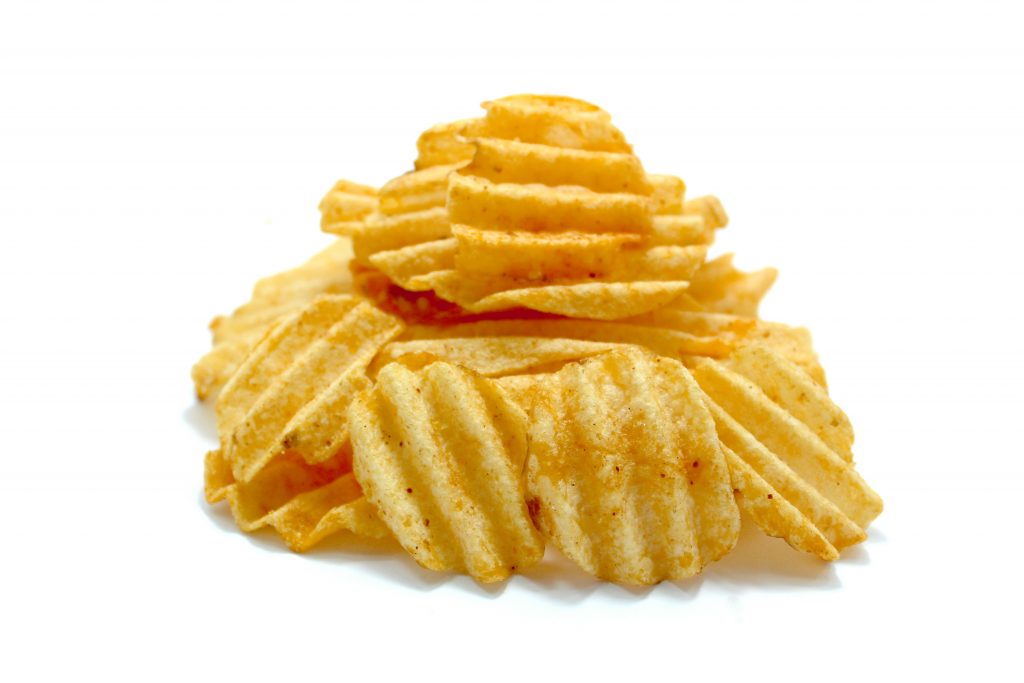
Although, make sure to always check the ingredients and nutrition labels to see how much sodium the food contains. I am always surprised at the seemingly simple ingredients with hidden sodium. Check your pantry for things like bouillon (which can be loaded with unnecessary sodium), spice blends or seasoning packages, dressings and condiments are all notorious offenders.
If you are trying to lower your sodium intake start with salt. A lot of people over salt their foods as they get older because they get used to the flavor. Keep an eye on the salt you add before cooking as well as when plating your food.
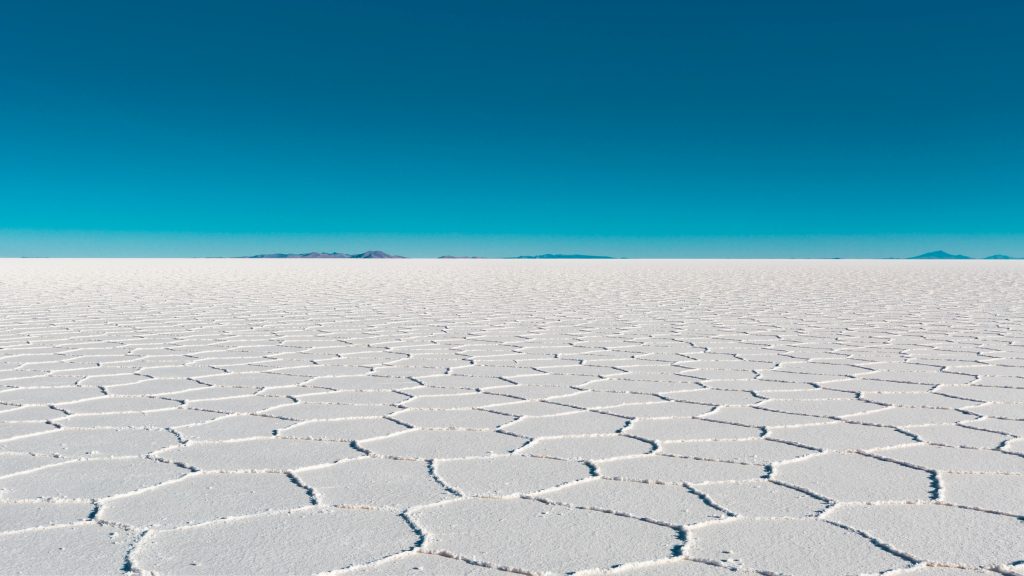
You can also choose option like unsalted butter, unsalted peanut butter, and other ingredients that come salt free. That way you can add the appropriate amount of salt to your finished product without having hidden sodium.
What are the negative effects of too much sodium.
The sodium-potassium pump keeps the electrical charge in the cell. As it opens, a sodium goes in and a potassium comes out. If you have too much sodium, then your cell or muscle contractions are as quick. And why eating a banana, which is full of potassium, can help with muscle cramps.
Magnesium is also an electrolyte that helps the cells relax by stimulating the entry of potassium. Some find help by supplementing with magnesium (but check with your doctor first).
The CDC Dietary Guidelines for 2015-2020 suggest a max daily intake of 2300 mg of sodium. You are probably fine if you are eating a diet rich in whole foods that you cook at home, with the occasional treat.
But if you rely on frozen or processed foods for most of your meals, and frequently eat out, be sure to monitor your sodium.
However, you could see a 2-4 pound weight gain after consuming a lot of sodium. It is simply water retention. And true “water weight” will be gone within 24-48 hours, just as soon as you return to your normal whole foods and water.

But if the weight lasts longer than a few days, it is probably more than just a few added pounds due to water retention. The key here is to return to your normal diet, and proper sodium intake. Although you do not have to avoid salt and sodium all together. Foods can still be delicious with the proper amount.
